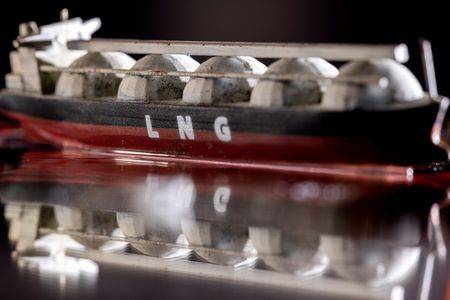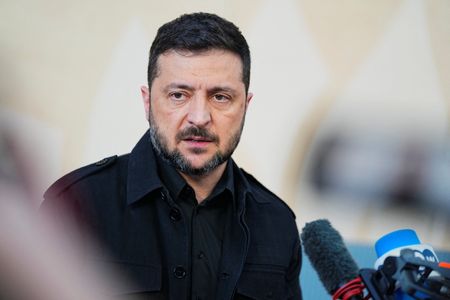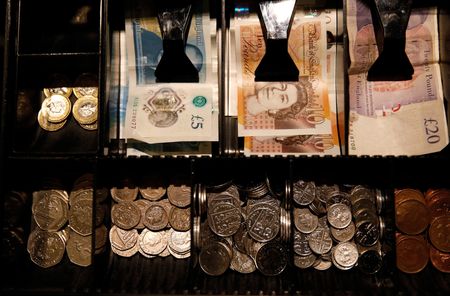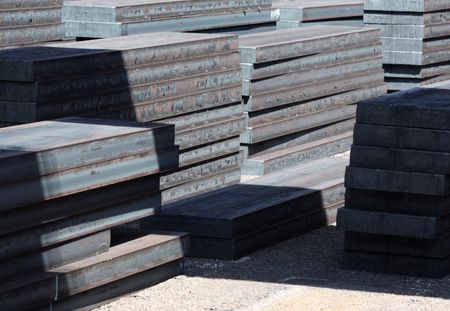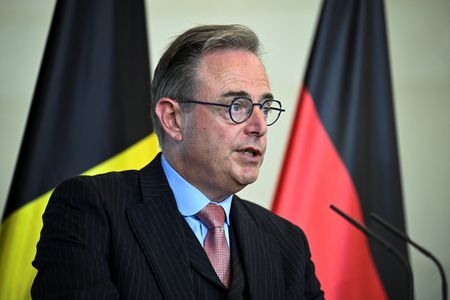By Anita Komuves
BUDAPEST (Reuters) -Hungary on Thursday signed its biggest ever deal to buy liquefied natural gas from French firm Engie, a second agreement in as many months that will diversify its supply away from top energy provider Russia.
U.S. President Donald Trump said last month he would urge Hungary to stop buying Russian oil, part of a push to pressure NATO allies to cut energy ties with Moscow over its war with Ukraine. Hungarian Prime Minister Viktor Orban said dropping Russian energy would be a disaster for Hungary’s economy.
On Thursday Hungarian natural gas wholesaler MVM CEEnergy agreed to buy 400 million cubic metres of gas a year from Engie between 2028 and 2038. Given Hungary consumes around 8 billion cubic metres of gas a year, that would cover 5% of its demand.
The deal follows another Hungary signed last month with Shell to buy 200 mcm of natural gas a year from January 2026, equal to around 2.5% of its demand.
Hungary’s Foreign Minister Peter Szijjarto said at the signing ceremony for the Engie deal that it was the longest-term LNG contract in Hungary’s history, and will serve as a pillar to the country’s energy security.
“Diversification for us does not mean that we replace an existing, well-functioning supply relationship with another,” he added.
Slovakia and Hungary have rejected European Commission plans to phase out Russian gas and other energy imports, deepening a rift with Brussels over relations with Moscow. “We do not accept any pressure or coercion in this issue and we will not pay a war premium,” Szijjarto said.
Engie did not specify the origin of the gas it will supply to Hungary. European LNG buyers and traders often source their gas from multiple producers including the U.S., the Middle East, Africa, Australia and sometimes Russia. Hungary signed a 15-year deal in 2021 with Russia to buy 4.5 billion cubic metres of gas annually, and increased purchases from Gazprom last year, importing some 7.5 billion cubic metres of Russian gas via the Turkstream pipeline.
Szijjarto said last month that Hungary had imported 5 billion cubic metres of gas via Turkstream by the end of August, which meant this year’s gas imports via Turkstream could hit a record high. Hungary, which ships gas to Slovakia via an interconnector, also buys gas from Romania, and smaller volumes via the HAG pipeline which runs from Austria into Hungary.
(Reporting by Anita Komuves; Editing by Emelia Sithole-Matarise and Jan Harvey)

